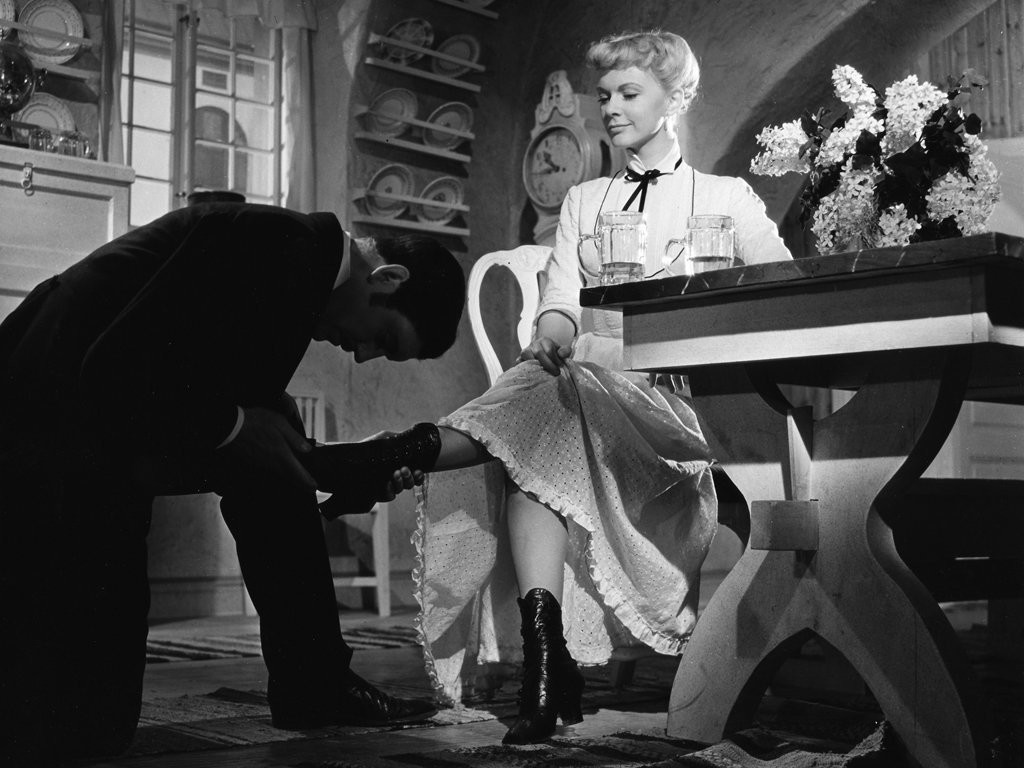Take a photo of a barcode or cover
barrells to its end with the speed and confused precision of a fever dream.
Trött på strindbergskåta svensklärare. Trött på normaliserat kvinnohat genom klassisk litteratur. Trött, rent generellt.
emotional
tense
medium-paced
Plot or Character Driven:
Character
Strong character development:
Yes
Loveable characters:
No
Diverse cast of characters:
No
Flaws of characters a main focus:
Yes
Lite närmare 3,5 men. Om man tar ut boken ur sitt kontext skulle Jean's karaktär vara mycket roligare än han är. I stand by what I said.
cik izmisusi gribēju sviest grāmatu prom, risinoties nebeidzamajam dialogam, nepārtrauktai rīcības un domu pārdomāšanai un maiņai. un tomēr šis bija izcili.
emotional
reflective
sad
slow-paced
Plot or Character Driven:
Character
Strong character development:
No
Loveable characters:
No
Diverse cast of characters:
No
Flaws of characters a main focus:
Yes
mysterious
tense
fast-paced
Plot or Character Driven:
Character
Strong character development:
Yes
Loveable characters:
Complicated
Diverse cast of characters:
No
Flaws of characters a main focus:
Yes
Gender and Society

Strindberg’s play, Fröken Julie, from 1888 focuses on gender and society in late 19th century Sweden. Even though it is quite brief it brings a lot of fire to these topics so I can see why it gained such prominence at the time. Even today it seems to be one of the works that Strindberg is recognized for abroad (together with his other plays) even though I personally favor his novels and stories to a much greater extent. The latter are generally not translated into English or are OOP.
I sense a very negative view of womanhood in Strindberg’s writing. Based on his life (as well as this particular play) it appears as if he favors bright and able women, but simultaneously view such individuals to hate men by default. I suspect he had some bad experiences that clashed with his own narcissism and manhood in his relationships with women.
The play unfolds during a midsummer eve when the daughter of a rich household (Miss Julie) has a powerful and fateful interaction with the man servant Jean. As an audience we get exposed to a warped passion viewed through the spectrum of their imagined futures, a pulsating passion and the immersion of the magic of the shortest night of the year. Fate seems to be in the room as the play unfolds. A recent film version (2014) directed by Liv Ullmann seems to be an interesting follow-up to reading this play. However, an older Swedish film (1951) (starring Ulf Palme (Jean) and Anita Björk as Miss Julie) is even more alluring to me. Reading/watching this play is literally a requirement if one is interested in Strindberg as an author. Besides, just like Ibsen, Strindberg has the ability to bring forward themes that are eternal. These issues are still reverberating through our modern society.

Strindberg’s play, Fröken Julie, from 1888 focuses on gender and society in late 19th century Sweden. Even though it is quite brief it brings a lot of fire to these topics so I can see why it gained such prominence at the time. Even today it seems to be one of the works that Strindberg is recognized for abroad (together with his other plays) even though I personally favor his novels and stories to a much greater extent. The latter are generally not translated into English or are OOP.
I sense a very negative view of womanhood in Strindberg’s writing. Based on his life (as well as this particular play) it appears as if he favors bright and able women, but simultaneously view such individuals to hate men by default. I suspect he had some bad experiences that clashed with his own narcissism and manhood in his relationships with women.
The play unfolds during a midsummer eve when the daughter of a rich household (Miss Julie) has a powerful and fateful interaction with the man servant Jean. As an audience we get exposed to a warped passion viewed through the spectrum of their imagined futures, a pulsating passion and the immersion of the magic of the shortest night of the year. Fate seems to be in the room as the play unfolds. A recent film version (2014) directed by Liv Ullmann seems to be an interesting follow-up to reading this play. However, an older Swedish film (1951) (starring Ulf Palme (Jean) and Anita Björk as Miss Julie) is even more alluring to me. Reading/watching this play is literally a requirement if one is interested in Strindberg as an author. Besides, just like Ibsen, Strindberg has the ability to bring forward themes that are eternal. These issues are still reverberating through our modern society.






